Plastic Surgery Aftercare: What to Eat (and Avoid) to Reduce Facial Swelling
2025-05-07
Reduce swelling and speed up healing after plastic surgery with the right post-op diet and hyperbaric oxygen therapy (HBOT). Patients should wait until they arrive home before starting to drink liquids.
Learn what to avoid—like salty or spicy meals—and how to recover faster. It is also important to avoid the use of alcohol and anesthetic drugs simultaneously.
Introduction to Recovery
Recovering from plastic surgery is a journey that requires careful attention to your body’s needs. The first few days post-op are crucial, as your body begins the healing process. Following your surgeon’s post-operative instructions and maintaining a healthy diet can significantly impact your recovery. Eating plenty of nutrient-dense foods, staying hydrated, and getting adequate rest are essential steps to minimize swelling and promote tissue repair. Remember, a smooth recovery not only enhances your physical health but also ensures the best possible aesthetic results.
Why Your Diet and Recovery Plan Matter After Cosmetic Surgery
Facial swelling is a common and expected part of recovery after plastic surgery. Good nutrition plays a critical role in healing and strengthening the body post-trauma. While your body naturally heals over time, the foods you eat—and the therapies you use—can either speed up or slow down this process. A healthy lifestyle, encompassing regular exercise, nutrition, and overall wellness, can significantly enhance recovery outcomes both before and after surgery.
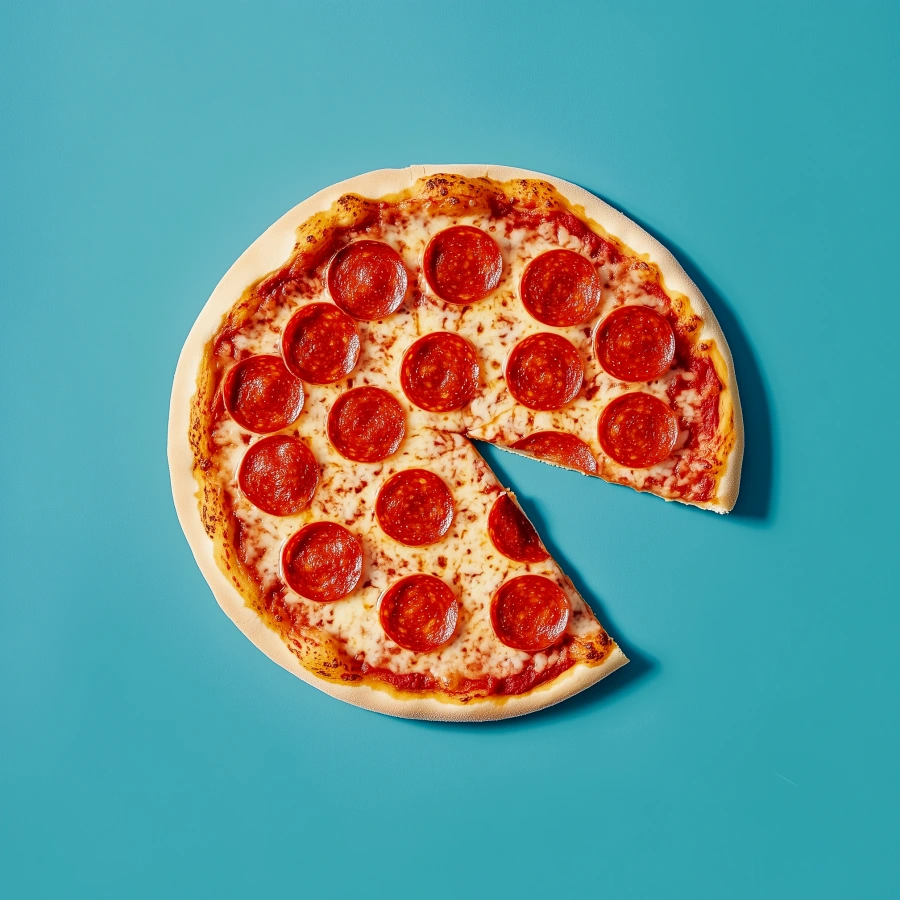
Avoid Salty and Spicy Foods for the First Week
Salt Increases Swelling via Osmolality
Foods like ramen, pizza and salty snacks, especially when consumed at night, can lead to visible swelling in the next morning. This happens because of osmolality: excess sodium draws water into facial tissues, worsening post-operative swelling. Maintaining balanced blood pressure is also crucial for managing swelling and ensuring overall healing.
Spicy Foods Can Interfere With Healing
Spicy foods:
- Increase blood flow to healing areas
- May irritate surgical wounds
- Raise your body temperature, intensifying inflammation
Avoid them during the first 5–7 days post-surgery.
Maintaining stable blood sugar levels through dietary choices, such as consuming whole grains and adopting a pattern of small, frequent meals, can support overall health and aid in recovery.
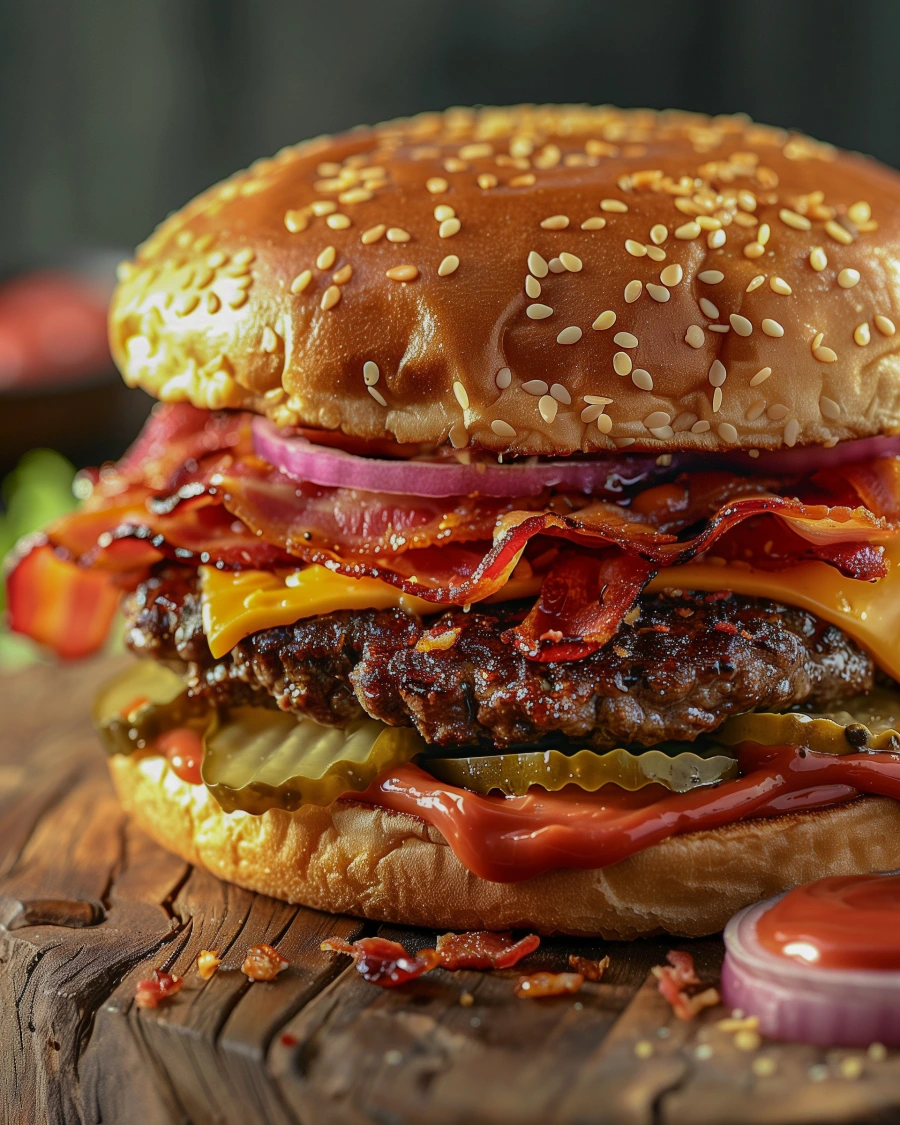
Accelerate Recovery with Hyperbaric Oxygen Therapy (HBOT)
What Is HBOT?
Hyperbaric Oxygen Therapy (HBOT) involves breathing nearly 100% oxygen in a pressurized chamber. This increases oxygen delivery to healing tissues—far beyond what normal breathing can achieve.
Doctors play a crucial role in providing personalized instructions and advice for recovery, ensuring patients follow the best practices for a smoother healing process.
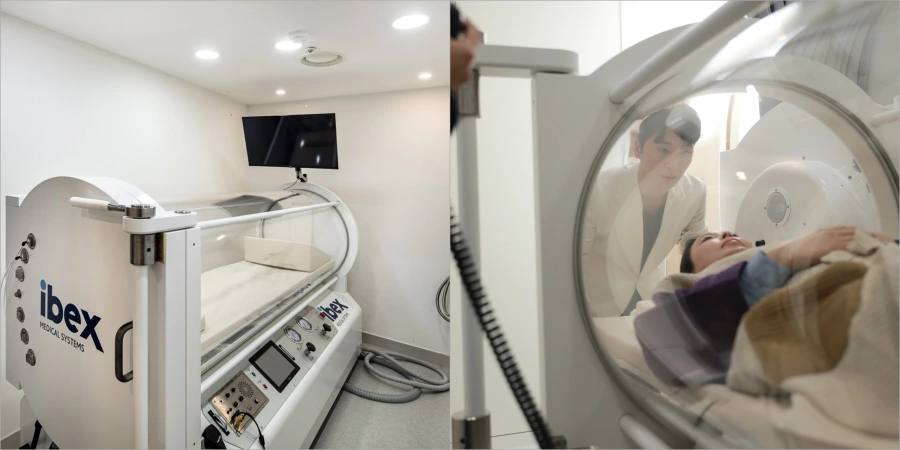
How HBOT Helps After Plastic Surgery
HBOT offers multiple recovery benefits:
✅ Reduces facial swelling by improving lymphatic drainage
✅ Accelerates wound healing and tissue repair
✅ Increases oxygen to skin flaps, improving skin survival
✅ Minimizes bruising by reducing local inflammation
✅ Supports fat graft and hair graft survival
At Noonopi Plastic Surgery, our high-pressure IBEX oxygen chamber provides medical-grade HBOT maximum up to 3.0 ATA—allowing deeper oxygen penetration and better recovery outcomes.
“Patients who undergo HBOT typically experience faster resolution of swelling and a more comfortable recovery experience.”
To further aid in recovery, patients are advised to use an ice pack for the first 24-48 hours after surgery to help reduce soreness, bruising, and swelling. It is also important to avoid actions that could lead to tissue damage during the healing process.
Best Foods for Post-Surgery Healing
| Category | Benefit | Examples |
|---|---|---|
| Hydrating Foods | Flushes sodium, reduces bloating | Cucumber, watermelon, celery |
| Protein-Rich | Supports tissue repair and collagen | Chicken, tofu, eggs |
| Vitamin C Foods | Reduces bruising, boosts immunity | Kiwi, oranges, bell peppers |
| Low-Sodium Meals | Prevents fluid retention | Homemade soup, plain porridge |
| Whole Grains | Stabilizes energy, reduces inflammation | Brown rice, oats |
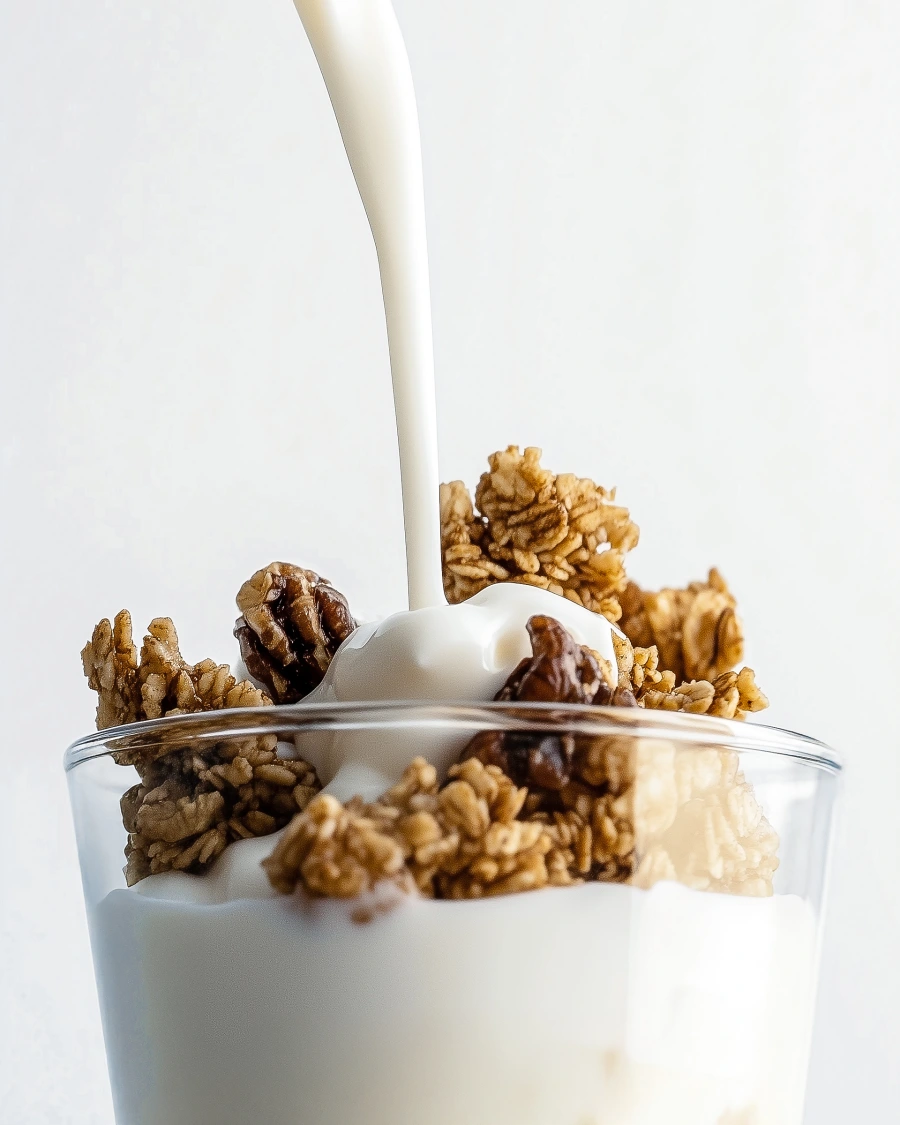
It is also recommended to eat plenty of iron-rich options like spinach and almonds.
Incorporating fruits alongside vegetables in a pre- and post-surgery diet is essential for healing and recovery.
Fresh vegetables promote better digestion and overall recovery.
Vitamin E plays a role in reducing inflammation and supporting cellular health.
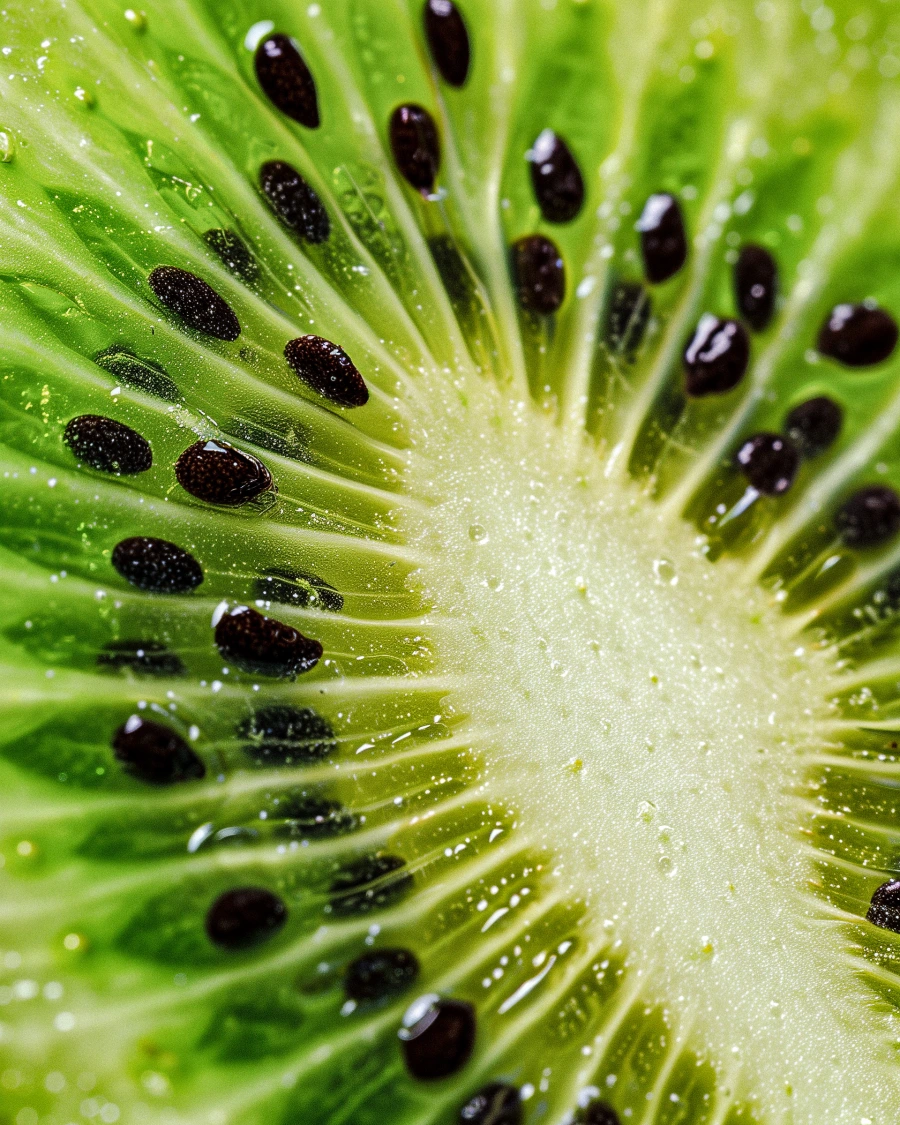
Post Operative Care
Proper post-operative care is vital to ensure a successful recovery after cosmetic surgery. Start by taking pain medication as prescribed to manage discomfort and reduce inflammation. Keeping the surgical area clean is essential to prevent infections; follow your surgeon’s instructions on wound care meticulously. Monitor for any signs of complications, such as excessive swelling, redness, or unusual discharge, and contact your doctor immediately if you notice anything concerning. Avoid consuming alcohol and smoking, as they can hinder the healing process and increase the risk of complications. By adhering to these guidelines, you can support your body’s natural healing mechanisms and achieve optimal results.
General Instructions for Recovery
Adhering to general recovery instructions can make a significant difference in your healing journey. Stay hydrated by drinking plenty of water, which helps flush out toxins and reduce bloating. Rest is crucial, so ensure you get enough sleep and keep your head elevated to minimize swelling. Incorporate whole foods into your diet, focusing on lean meats, whole grains, and leafy greens to provide your body with essential nutrients. Avoid processed foods and those high in sodium, as they can exacerbate swelling. Following these general instructions will support your body’s recovery and improve healing outcomes.
Recovery Checklist: What to Avoid
🚫 Salty food (especially before bed)
🚫 Spicy stews or fried foods
🚫 Alcohol (slows healing, increases swelling)
🚫 Smoking (reduces oxygen delivery)
✅ Do: Drink plenty of water
✅ Do: Sleep with your head elevated
✅ Do: Consider hyperbaric oxygen therapy (HBOT) during the first week for optimal recovery.
Eating small, frequent meals can help stabilize blood sugar levels and protect against nausea during recovery.
Self-Care and Recovery
Taking an active role in your recovery through self-care practices can enhance your healing process. Gentle activities like short walks can improve cardiovascular health and prevent blood clots, but avoid strenuous exercise until your doctor gives the green light. A healthy diet rich in vitamins and minerals supports tissue repair and boosts your immune system. Consider incorporating foods with anti-inflammatory properties, such as extra virgin olive oil and unsalted nuts, to reduce inflammation. Maintaining a positive mindset and managing stress through relaxation techniques can also contribute to a smoother recovery. Remember, your commitment to self-care plays a crucial role in your overall recovery process.
Complications and Considerations
While most patients experience a smooth recovery, it’s important to be aware of potential complications and know when to seek medical advice. Common side effects like swelling, bruising, and mild discomfort are expected, but if you experience severe pain, excessive swelling, or signs of infection, contact your doctor immediately. Be mindful of your body’s signals and avoid activities that could strain your healing tissues. Taking medications as prescribed and following your surgeon’s advice can help mitigate risks. By staying informed and proactive, you can navigate your recovery with confidence and achieve the best possible outcomes.
Final Thoughts
The first week after facial plastic surgery is critical. A low-sodium, anti-inflammatory diet combined with hyperbaric oxygen therapy can dramatically reduce swelling, accelerate tissue healing, and give you the best aesthetic results. Fresh vegetables, fruits, and nuts provide essential nutrients that help fight infection, reduce inflammation, and support the healing process.
Consulting with board-certified plastic surgeons is crucial for insight into procedures, recovery, and the impact of lifestyle choices on surgical outcomes. Understanding the various procedures and how they relate to the recovery process is essential for optimal post-operative care.
Ready to Heal Better?
At Noonopi Plastic Surgery, we offer personalized post-op recovery plans, including access to high-pressure HBOT, dietary counseling, and advanced swelling management protocols. Our team includes highly qualified plastic surgeons, such as Dr. Smith and Dr. Johnson, who provide personalized consultations to ensure the best possible outcomes. Experienced surgeons play a crucial role in successful surgery outcomes and patient recovery, guiding you through a healthy lifestyle to enhance your results.
📱 Message us on WhatsApp to book a recovery-focused consultation.

